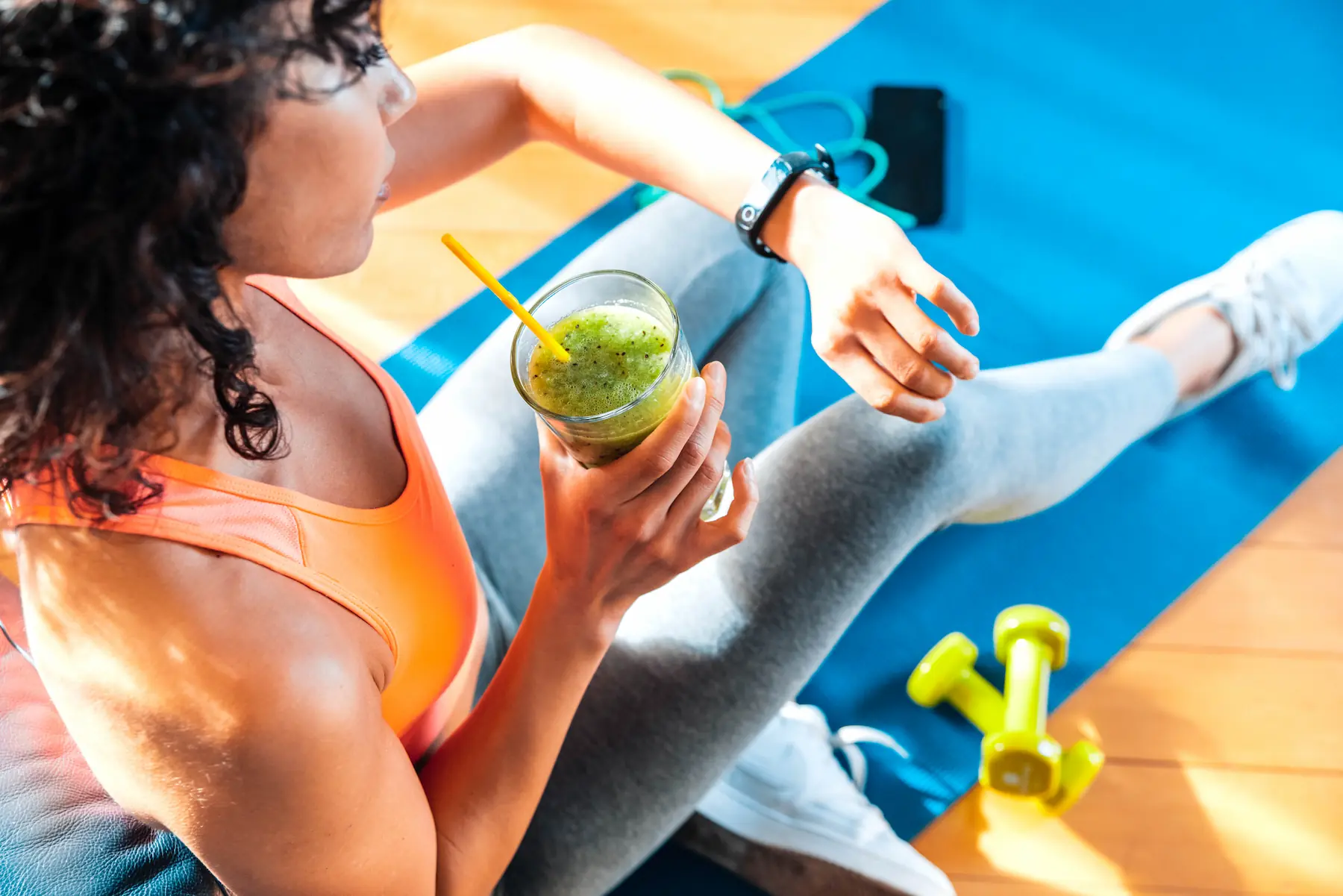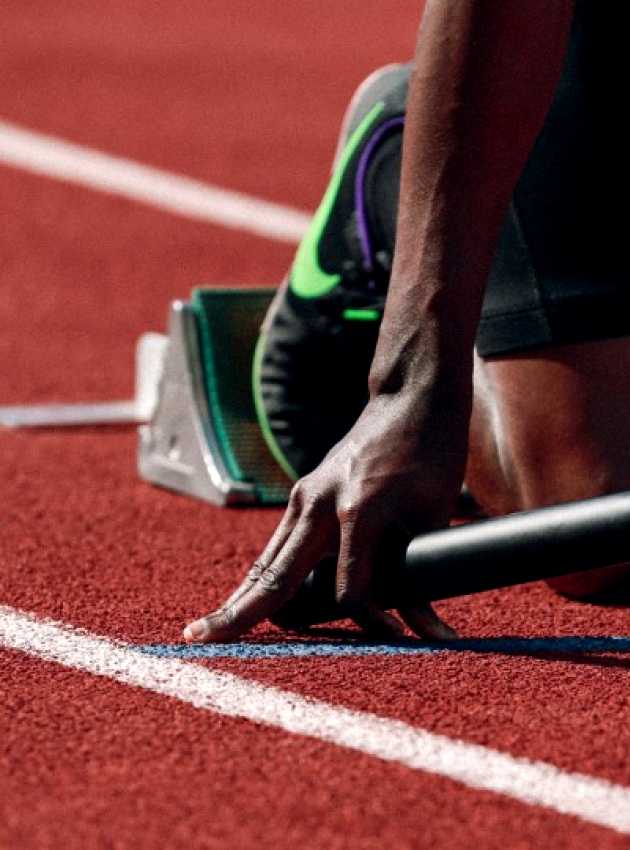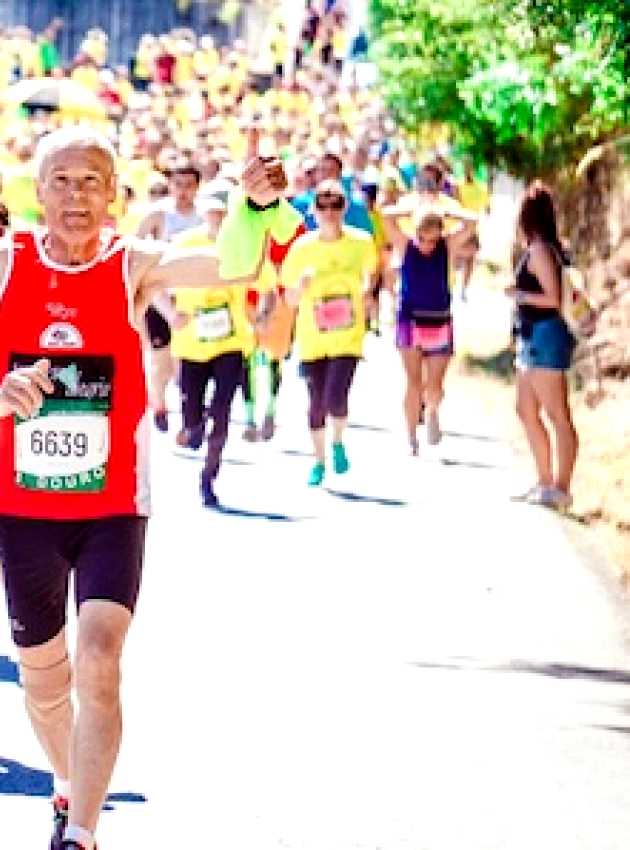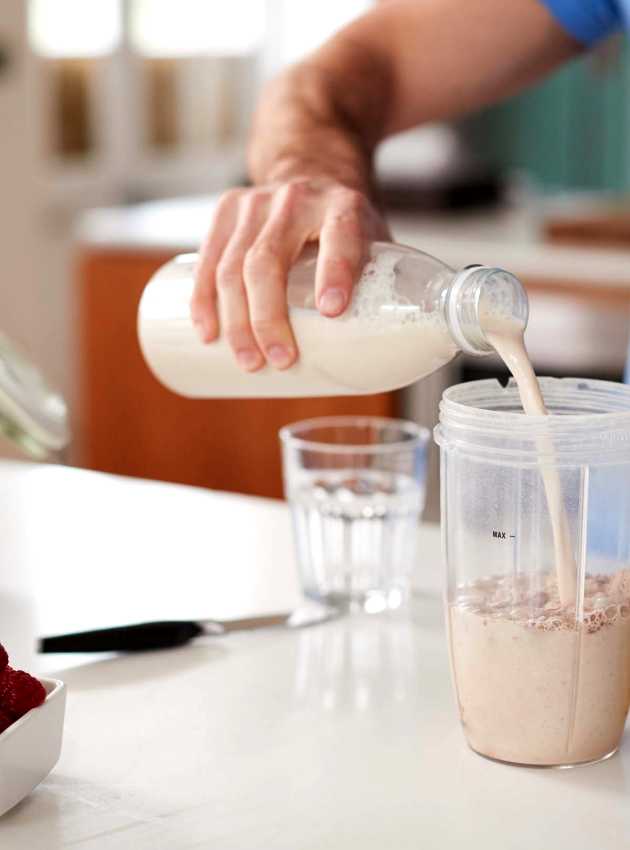
We hear all kinds of advice about what to eat after a workout, but how do you know what’s actually effective? Our registered dietitians specializing in sports performance explain how to optimize your muscle recovery and reach your goals with the right snack.
Do you really need a snack after training?
After moderate to high-intensity activity, especially if it lasts 60 minutes or more, the body needs targeted nutrition to support muscle repair, replenish its stores, and improve long-term sports performance.
A good post-workout snack can:
- Help accelerate muscle recovery
- Promote the replenishment of energy stores
- Help reduce muscle soreness
- Optimize performance in the next session, especially if it’s scheduled the same day
But do you really need a snack every time you train? The answer depends on several factors, like intensity, duration, and timing. To better understand, let’s go through the most common myths surrounding post-workout snacks.
Myth #1: You must always eat within 30 minutes post-activity
Reality: The ideal timing is more flexible than you think.
What’s sometimes called the “anabolic window,” or the optimal period to stimulate muscle repair with nutrition, is not limited to 30 minutes. In fact, the body’s ability to use protein remains elevated for up to 24 hours after exercise, with peak efficiency in the first 3 hours.
However, if you plan another workout the same day (for example, an evening session), it’s best to have a complete snack quickly after exercise. In that case, aim for a combination of carbs and protein (e.g.: fruit smoothie with Greek yogurt).
Myth #2: Only professional athletes need post-workout snacks
Reality: Anyone active can benefit, depending on intensity.
The benefits of a post-workout snack aren’t reserved for pros. If your activity is demanding, such as strength training, endurance running, or interval sessions, your body will need nutrients to recover properly.
On the other hand, after light activity like a walk or gentle yoga, it’s often enough to simply plan a balanced meal.
Myth #3: A post-workout snack = protein shake
Reality: Everyday foods work just as well.
No supplements are needed for proper recovery. Healthy snack ideas rich in protein and carbs after exercise work perfectly well.
So, what should you eat after a workout?
Here are a few suggestions, whether you need a quick grab-and-go option or want to prep something ahead.
Quick snacks to go:
- 3/4 cup Greek yogurt + 1/4 cup protein granola + 1/2 cup berries
- 1 cup roasted chickpeas
- 500 ml chocolate milk
Homemade creations to mix things up:
According to official guidelines, a serving of 15–25 g of protein combined with carbs is optimal to support muscle protein synthesis.
Myth #4: You should avoid carbs after training
Reality: Carbs are essential for recovery.
Carbs help restore glycogen, the main energy source used during exercise. Without them, recovery is less effective, especially if you train frequently or intensely.
Since glycogen resynthesis is relatively slow (about 5% per hour), it’s beneficial to start consuming carbs soon after exercise. Dietitians recommend about 1 to 1.2 g of carbs per kilogram of body weight per hour in the first 4–6 hours after a demanding workout, especially if another session is planned within the next 8 hours.
What matters most is meeting your total carb and energy needs throughout the day. Meals, snacks, solids, and liquids can all vary depending on personal preference and schedule, as long as those targets are met.
Myth #5: If I want to lose weight, I should skip the snack
Reality: Skipping this step may slow your progress.
Skipping the snack to lose weight can:
- Increase hunger later
- Lead to impulsive choices
- Harm performance and recovery
Even with a weight-loss goal, a well-chosen snack can help you better control appetite and develop healthier eating habits, while maintaining sports performance.
Myth #6: More protein is always better
Reality: There’s an optimal dose, with important nuances.
Muscle protein synthesis reaches its peak when protein intake per meal is tailored to body weight. Research suggests:
- Optimal range per meal: 0.25–0.6 g of protein per kilogram of body weight
- Average amount where synthesis peaks: ~0.49 g of protein per kilogram
- Concrete example: ~32 g protein for a 70 kg person
- Note: this is higher than often-cited recommendations after weight training, highlighting the importance of adapting intake to individual needs
In other words, your body can use much of the protein you eat, even if the portion exceeds the ideal amount for stimulating muscle building at one time. However:
- Excess use: beyond a certain point, the extra doesn’t build more muscle right away but serves as energy or supports other body functions
- Effect on appetite: very large portions may reduce desire for other essential foods, limiting carbs, fibre, vitamins, and minerals needed for full recovery
Spreading your protein intake across several meals and snacks remains a winning strategy:
- It helps you meet your daily target more easily
- It regularly stimulates muscle building and repair
In short: no need to overload one meal with protein. What matters is reaching the right total amount throughout the day, including a proper portion after training.
In summary: key takeaways
Here’s what sports dietitians recommend for optimizing recovery:
- Protein: 0.25–0.6 g/kg in a single serving after training
- Carbs: 1–1.2 g/kg body weight, split between snack and meals within 4 hours post-exercise
- Timing: ideally within 3 hours post-exercise, but the effect lasts up to 24h
- Hydration: drink enough, and think about sodium if you sweat a lot
- Adaptation by effort:
No need for a triathlete-level plan if you hit the gym 3 times a week. Here’s a simple rule:
How to easily fit in a post-workout snack
3 simple tips to make it happen:
- Prep snacks ahead. A yogurt and banana in your gym bag are quick and effective.
Need more ideas? Check out our top 10 protein snacks.
- Listen to your body. Not always hungry? Choose a nourishing drink like chocolate milk or a smoothie.
- Stay flexible. A snack doesn’t need to be complicated or expensive. A carb + a protein is enough.
Need help figuring it out? Meet with a sports dietitian!
Everyone is different. Your needs vary depending on your type of training, schedule, goals, and lifestyle. To know if you need a snack, what to eat, and when, nothing beats personalized guidance.
Book an appointment with a registered dietitian for a plan tailored to your daily life and health goals!






